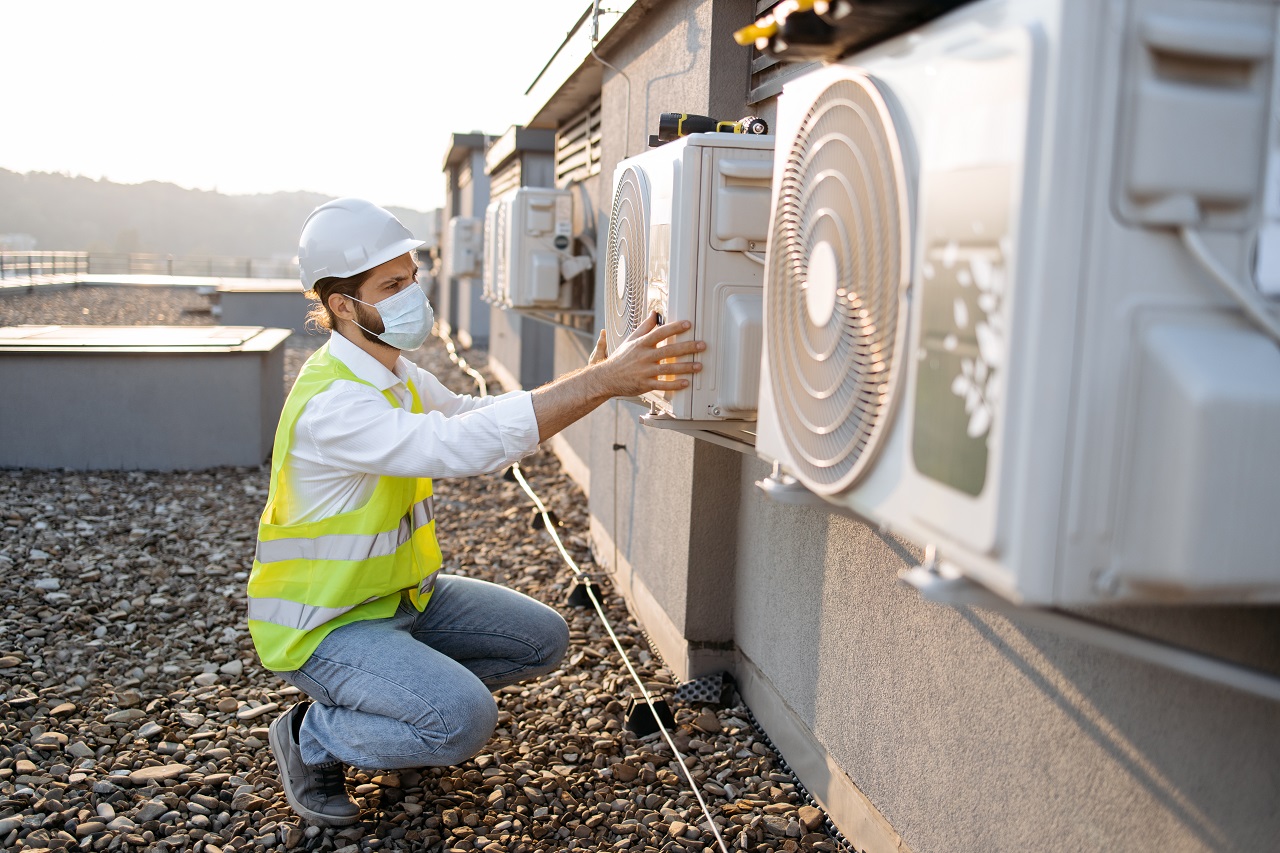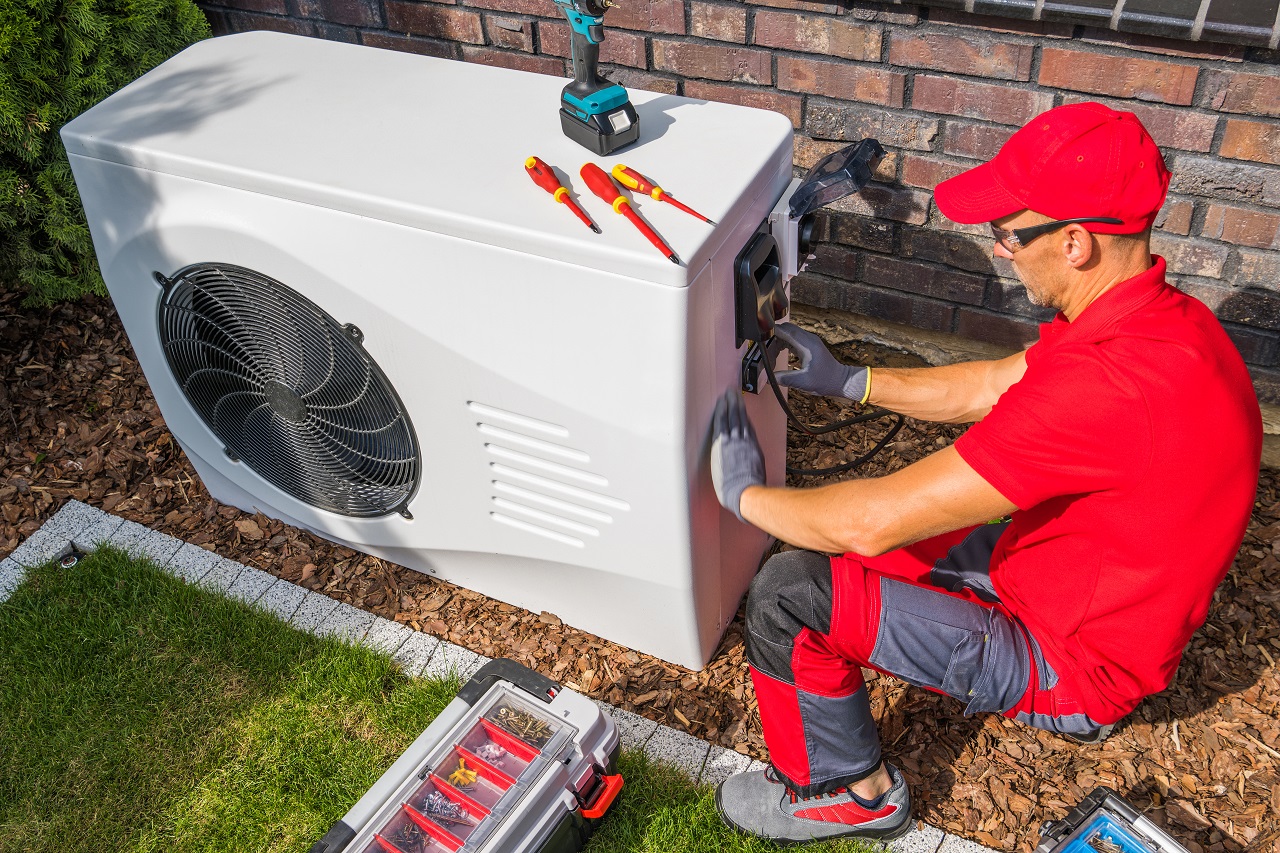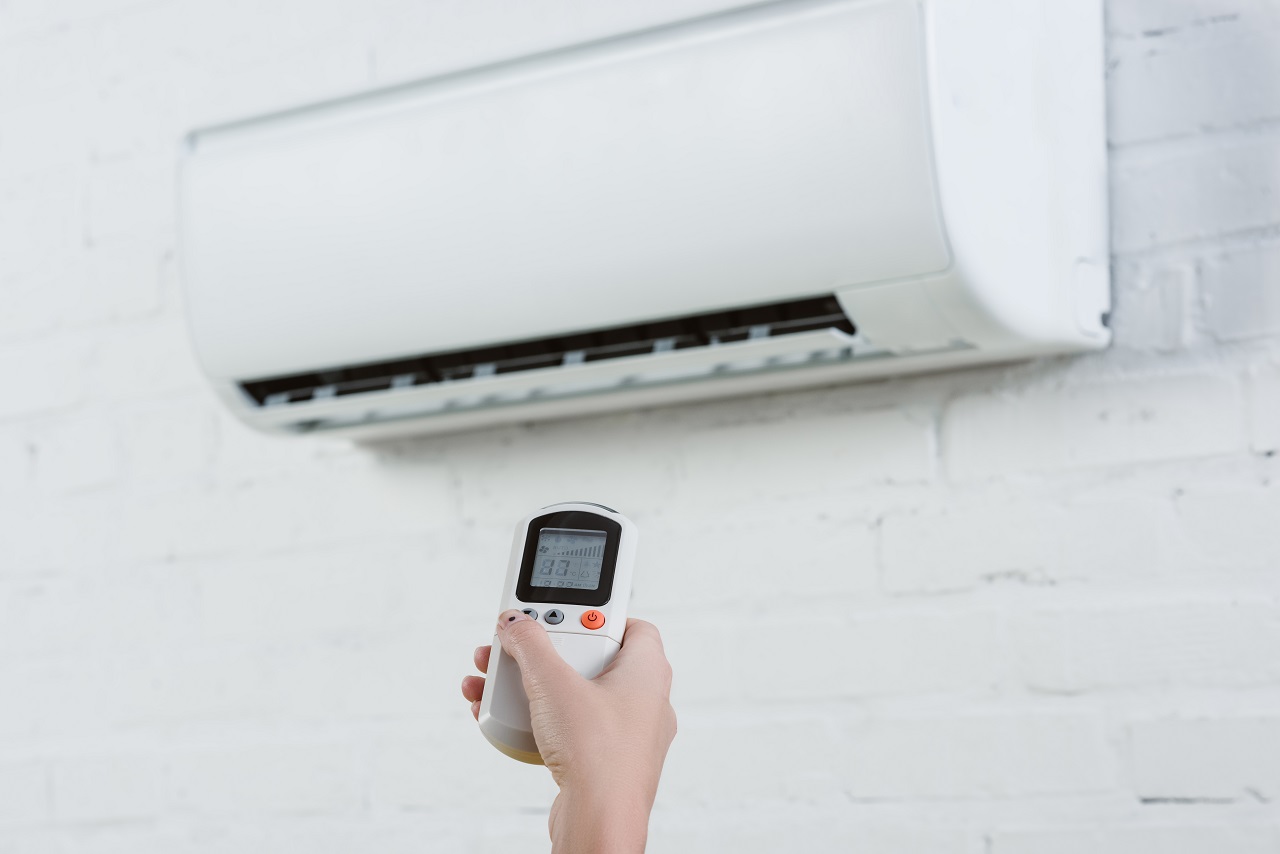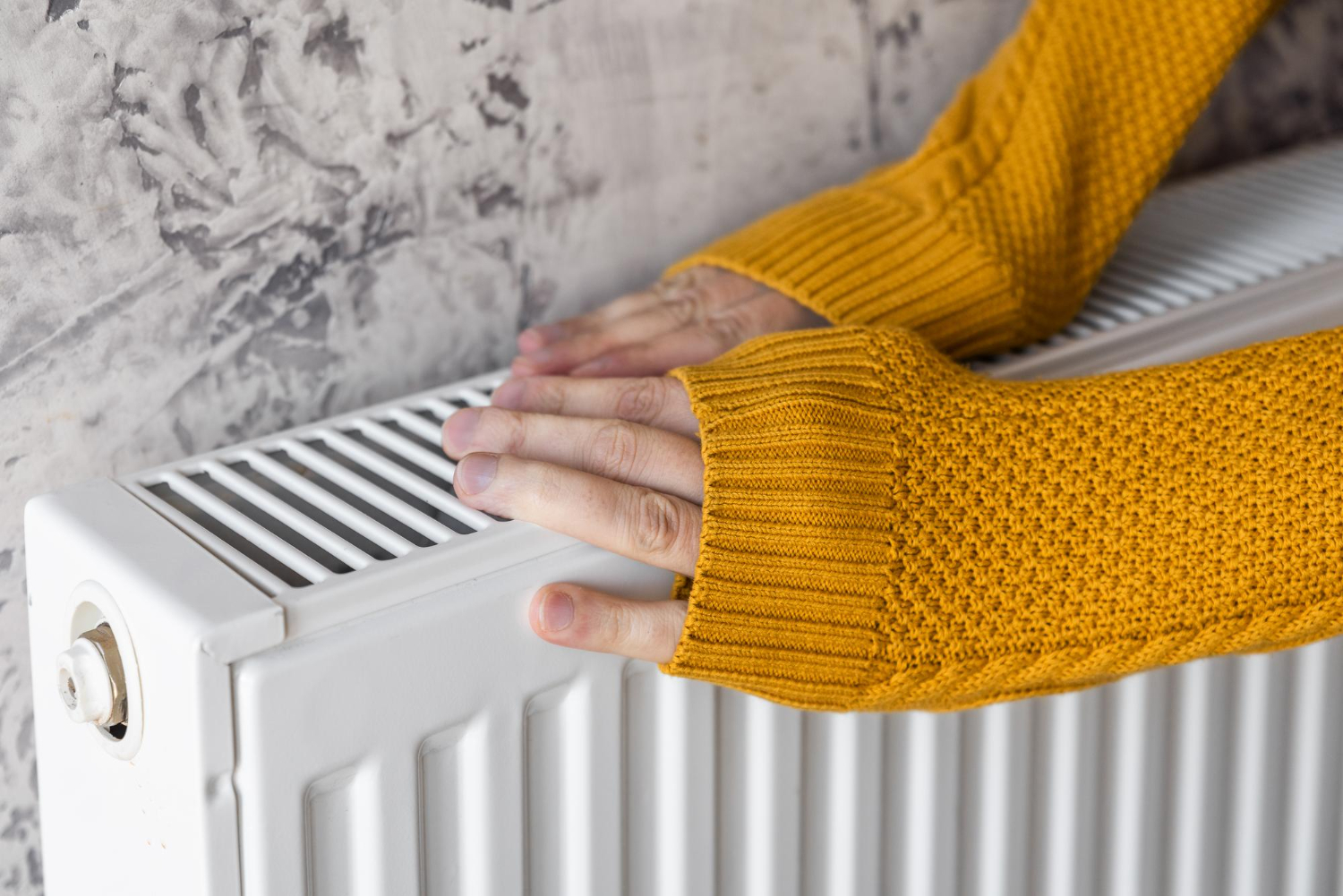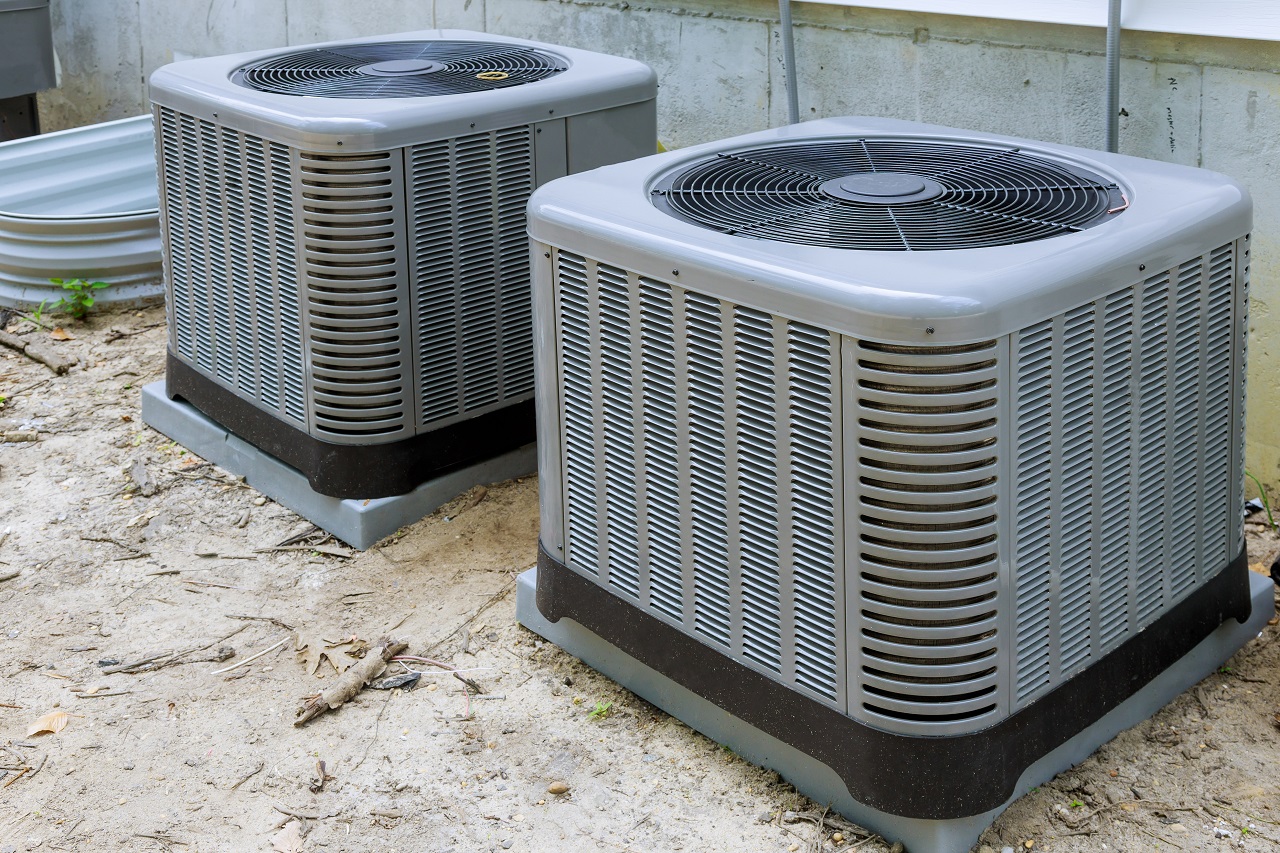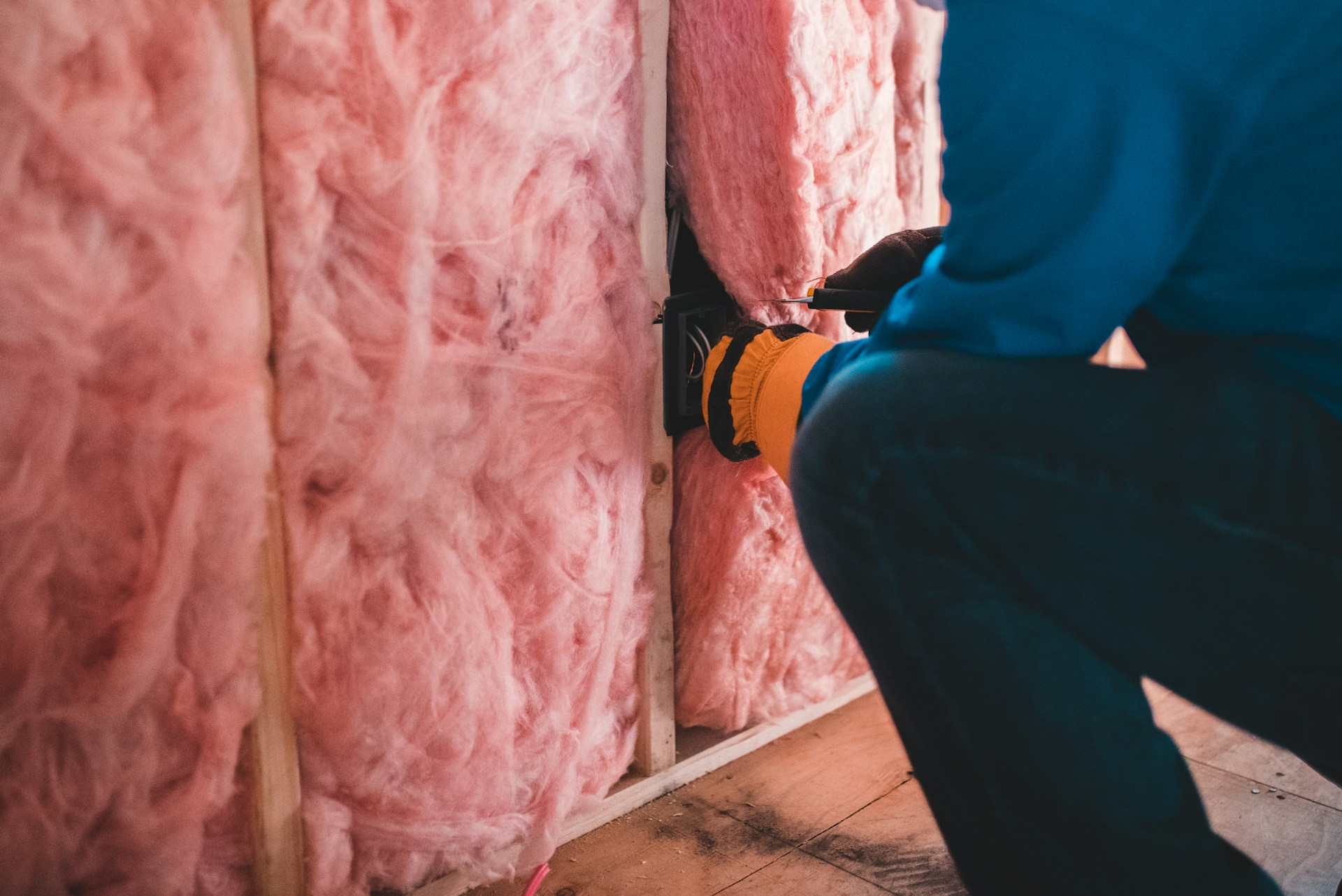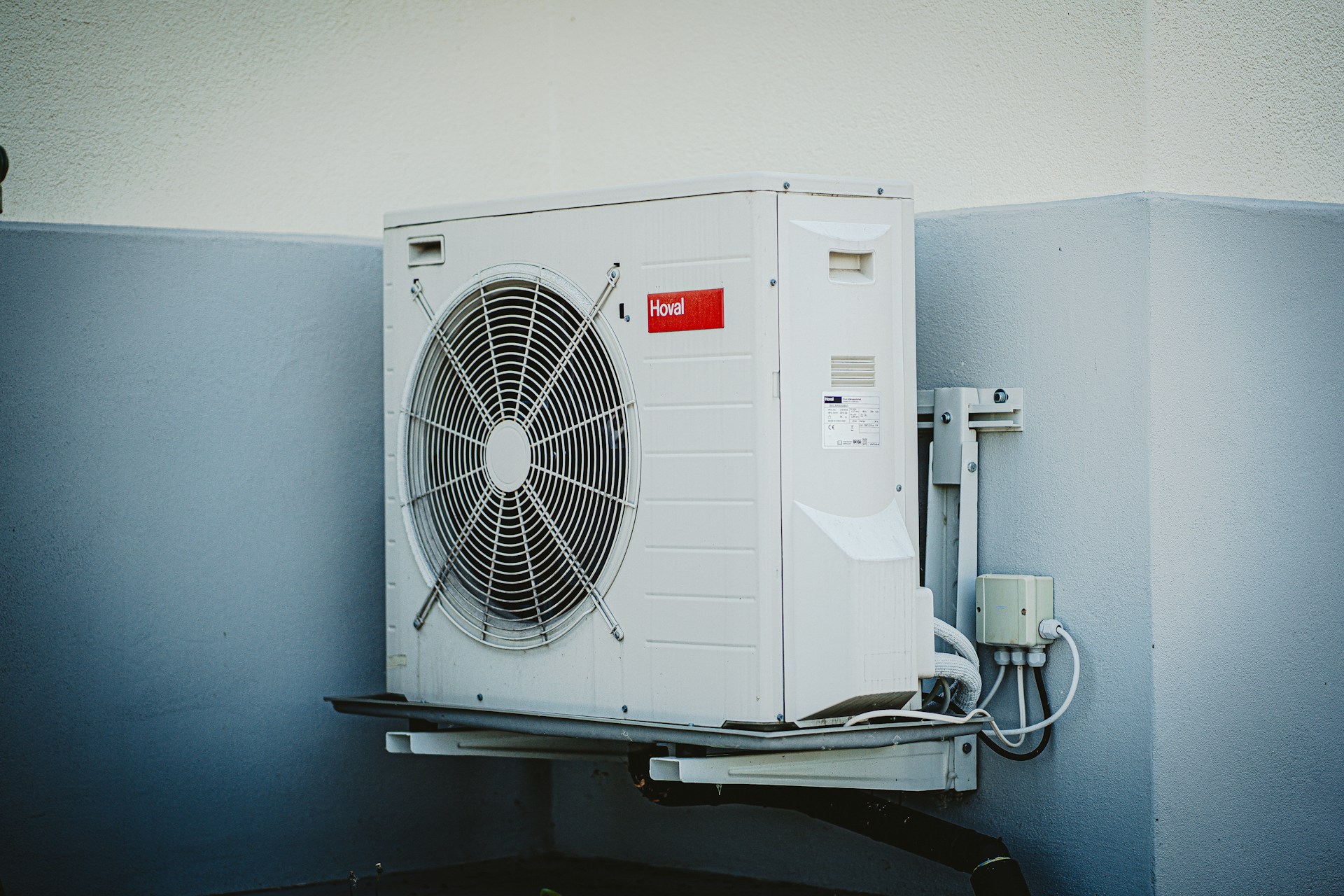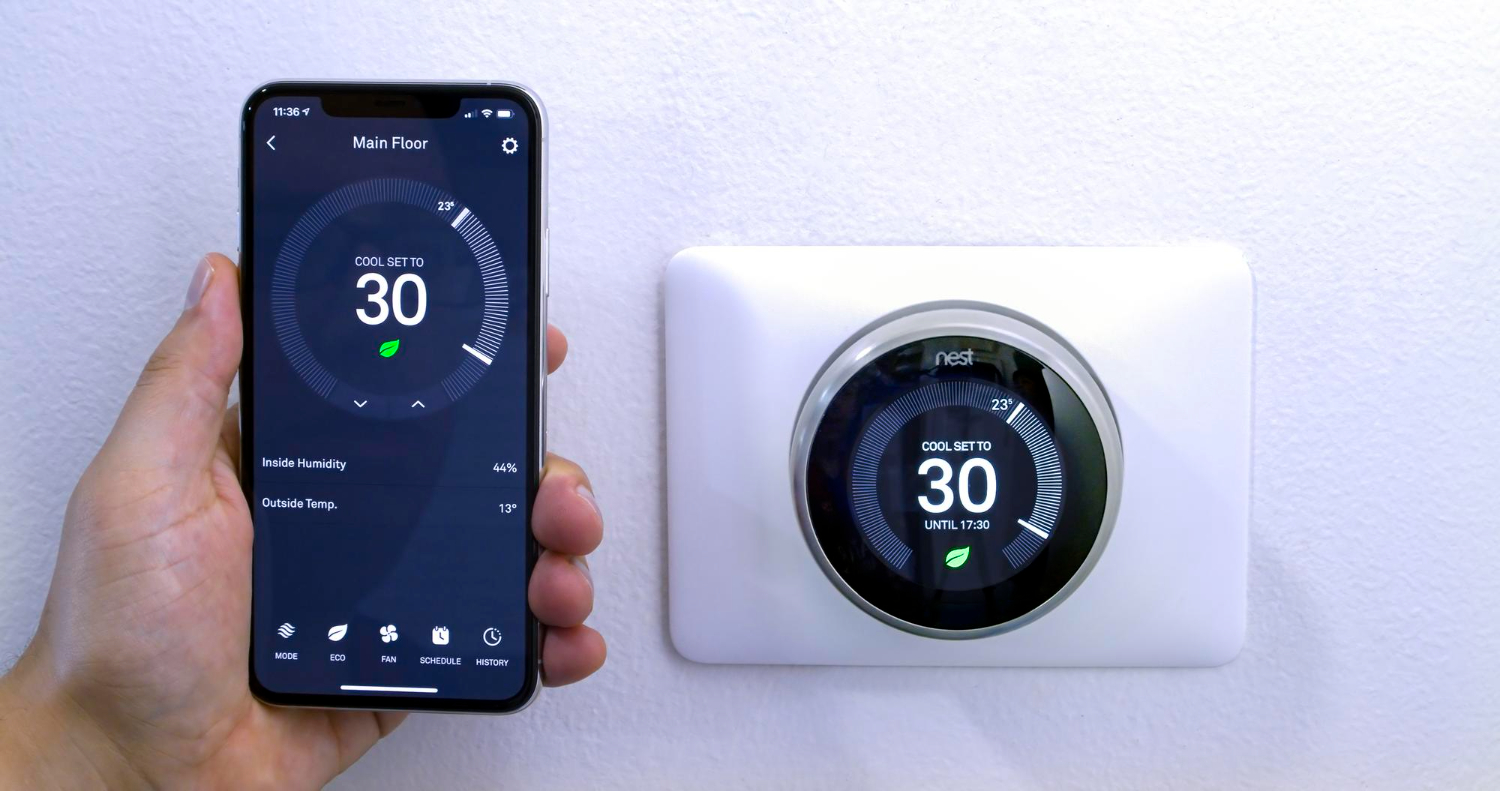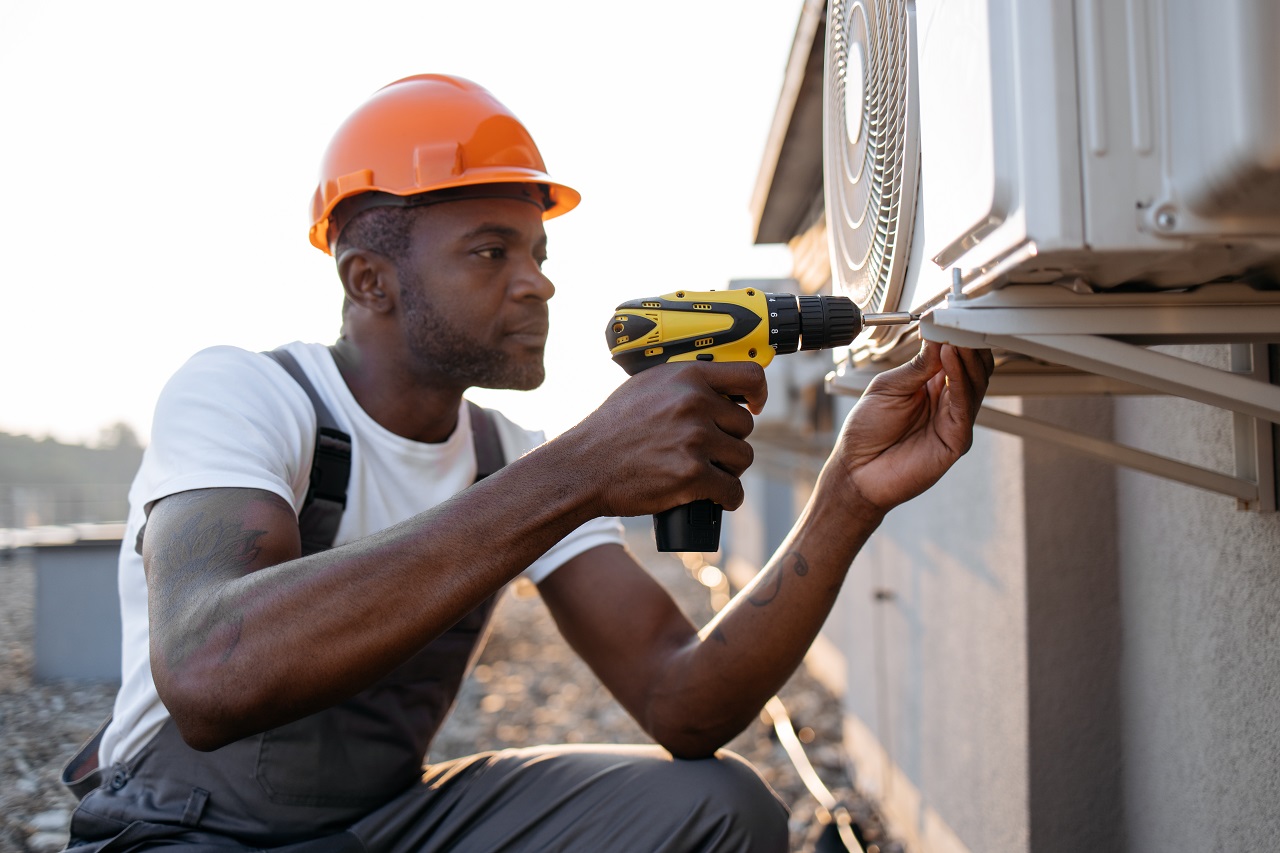As the seasons change and the temperature fluctuates, the importance of having a reliable and efficient HVAC system in your home becomes increasingly apparent. Whether you’re building a new home or upgrading your existing system, choosing the right HVAC solution can be a daunting task. However, with the right information and guidance, you can unlock the key to a comfortable, energy-efficient living environment that meets the unique needs of your household.
So, let’s delve into the essential factors to consider when selecting the perfect HVAC system for your home. From assessing your heating and cooling requirements to understanding the different system types, evaluating energy efficiency and costs, and ensuring professional installation and maintenance—we’ve got you covered!
Assess Your Home’s Heating and Cooling Needs
The first step in choosing the right HVAC system is to assess your home’s heating and cooling needs. Consider the size of your home. Larger homes typically require systems with higher capacity to ensure every room remains comfortable year-round. You can calculate the required capacity by measuring the square footage and using BTU (British Thermal Unit) guidelines specific to your climate zone.
Climate also plays a crucial role. If you live in an area with hot summers and mild winters, you may prioritize efficient cooling, making a central air conditioning system or a heat pump a good choice. Conversely, if you face cold winters, a furnace combined with a suitable cooling system will ensure comfort throughout the year.
Also, evaluate your home’s insulation and window quality. Proper insulation helps maintain the desired temperature, reducing the workload on your HVAC system. Double-pane windows provide better insulation compared to single-pane ones. A well-insulated home will benefit more from a high-efficiency HVAC system, translating to lower energy costs and improved comfort.
Understand Different HVAC System Types
Understanding the different HVAC system types available will help you choose the best one for your home. Here are some common options:
1. Central Air Conditioning Systems: These systems distribute cool air through a network of ducts. They are ideal for cooling large homes but require existing ductwork or the installation of new ducts.
2. Heat Pumps: Heat pumps provide both heating and cooling by transferring heat from one place to another. They are known for their energy efficiency, especially in moderate climates. There are air-source and ground-source (geothermal) heat pumps, each with its own benefits.
3. Ductless Mini-Split Systems: These systems consist of an outdoor unit and one or more indoor units. They are perfect for homes without ductwork and allow for zone-specific cooling or heating. Each unit can be controlled independently, offering flexibility and energy savings.
4. Furnaces: Furnaces heat air and distribute it through the home via ducts. They are commonly paired with central air conditioning for comprehensive HVAC solutions. Furnaces can run on various fuels, including natural gas, oil, and electricity.
By learning about these HVAC options, you can better decide which system aligns with your home’s size, existing infrastructure, and specific heating or cooling needs.
Evaluate Energy Efficiency and Costs
When choosing an HVAC system, it’s important to evaluate both energy efficiency and associated costs. Energy efficiency is measured by SEER (Seasonal Energy Efficiency Ratio) for cooling systems and AFUE (Annual Fuel Utilization Efficiency) for heating systems. Higher SEER or AFUE ratings indicate more energy-efficient systems, which can significantly reduce your energy bills over time.
Look for systems with the Energy Star label. These systems meet strict energy efficiency guidelines set by the Environmental Protection Agency and can help you save money while reducing your environmental footprint. Though they might have a higher upfront cost, the long-term savings on utility bills can offset this initial expense.
Don’t forget to factor in the costs of installation and maintenance. A more efficient system might be pricier to install but can offer substantial savings in energy consumption. Compare the initial investment against the potential savings to find a balance that fits your budget. Investing in a high-quality system might cost more initially, but it can ensure reliable performance and lower maintenance costs in the long run.
Consider Professional Installation and Maintenance
Professional installation and regular maintenance of your HVAC system are crucial for its efficiency and longevity. An incorrectly installed system can lead to poor performance, increased energy usage, and frequent breakdowns. Always hire certified professionals to install your HVAC system to ensure it operates at its best from the start.
Regular maintenance is also essential. Schedule annual check-ups for your system to keep it running smoothly. During these check-ups, a technician will inspect and clean components, tighten connections, and address any potential issues before they escalate. This not only improves efficiency but also extends the life of your HVAC system.
Investing in a maintenance plan can provide peace of mind. These plans often include bi-annual inspections, priority service, and discounts on repairs. Knowing that your system is regularly checked by professionals can prevent unexpected issues and costly emergency repairs.
Discover the Perfect HVAC Solution for Your Abode
Choosing the right HVAC system for your home involves understanding your specific heating and cooling needs, knowing the different types of systems available, and considering energy efficiency and costs. It’s equally essential to ensure professional installation and regular maintenance for optimal performance.
Selecting the most suitable HVAC system ensures your home remains comfortable throughout the year while keeping energy bills in check. An efficient and well-maintained system also helps improve indoor air quality, contributing to a healthier living environment.
For expert advice and professional HVAC services in Cincinnati, OH, contact Turner On Services. We’re here to help you find the perfect system for your home and ensure it stays in top condition. Schedule a consultation and take the first step towards a more comfortable and energy-efficient home!


